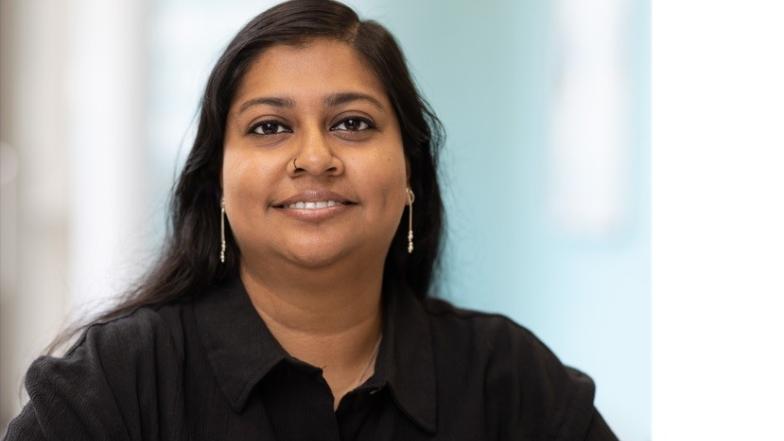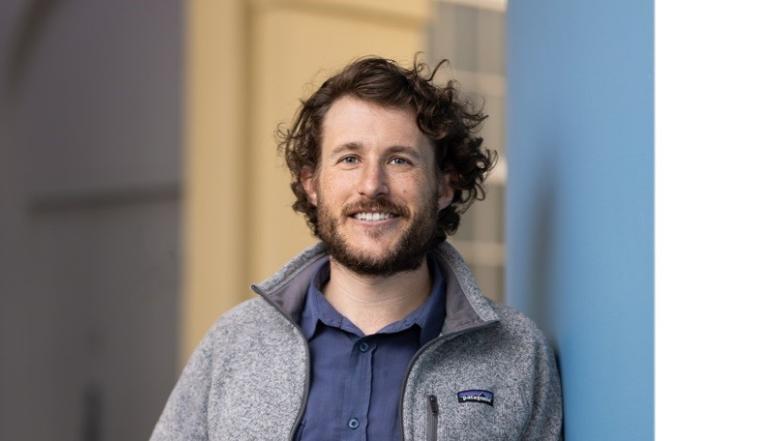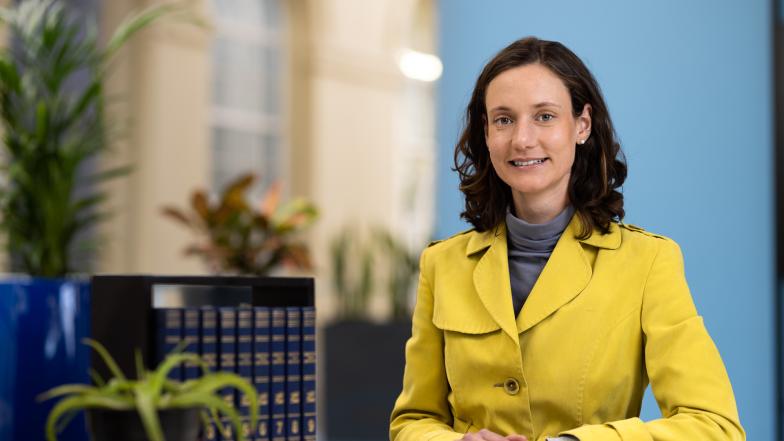The IDM introduces new Fellows

The IDM introduces new Fellows
| 28 MAY 2023 | STORY NOBHONGO GXOLO |
Recognising the transformation imperative and the need to develop creative ways to retain South Africans with relevant research and/or postdoctoral experience, the University of Cape Town’s (UCT) Institute of Infectious Disease and Molecular Medicine (IDM) launched the IDM Fellows, a new membership category.
Conceptualised as part of a transformation-related scheme, the new category addresses the internal capacity retention imperative recognised by the IDM. It aims to support the establishment of a career path for early- and intermediate-level researchers through association with the IDM and its community of scholars, a network that can facilitate the provision of insights, opportunities, and resources.
“In many ways, this talented group of early-career researchers represent the future of the IDM. I am delighted that they applied to become IDM Fellows and am committed to supporting them as they launch their careers as independent researchers”, said IDM Director, Valerie Mizrahi.
Announced in June 2022 the first cohort included 10 Fellows. This January, saw an additional six successful applicants joining the fold. The successful applicants were mostly associated with an existing IDM Member group with representatives from both the Faculty of Health Sciences and the Faculty of Science. Membership is open to all UCT-based early- and intermediate-level researchers whose work aligns with the vision, mission, and values of the IDM, and who seek closer association with the Institute and its member groups.
This opportunity affords the 16 emerging researchers the same benefits as Full and Associate Members of the IDM to support their career-pathing. It is envisioned that the Fellows will be eligible for Associate Membership at the end of their five-year non-renewable term.
This is what the 2022 Fellows had to say about their appointments. Except where specified these researchers are based at the Faculty of Health Sciences:
- Melissa-Rose Abrahams is focused on characterising the greatest barrier to an HIV cure, the latent viral reservoir, specifically in African

Melissa-Rose Abrahams, lecturer in the Department of Pathology
-

Rubina Bunjun, junior research fellow (JRF), Department of Pathology
- Sonwabile Dzanibe is investigating the development of infant immune systems and factors that influence early childhood vaccines. The

Sonwabile Dzanibe, JRF, Department of Pathology
-

Dr Tariq Ganief, Senior Research Officer (SRO), Department of Integrative Biomedical Sciences
- Anna-Ursula Happel is focused on identifying vaginal risk factors for preterm birth in Sub-Saharan women in Africa. She’s also

Dr Anna-Ursula Happel, JRF, Department of Pathology
-

Dr Simon Mendelsohn, clinical research officer (CRO) in the Department of Pathology and is based at the South African Tuberculosis Vaccine Initiative (SATVI)
- Nyarai Soko’s work centres on the role of genomics in the development and progression of human disease, with special interests in

Dr Nyarai Soko is an Honorary Lecturer in the Department of Pathology and a research affiliate at the Harare Eye, Ear, Nose and Throat Institute in Zimbabwe. She is based at the Precision and Genomic Medicine Research Unit.
-

Dr Pauline Van Der Watt research officer (RO), Department of Integrative Biomedical Sciences
- Kathryn Wicht’s work is focused on the mechanism of action and resistance studies for Plasmodium and hemozoin inhibitors in

Dr Kathryn Wicht is a RO at the Holistic Drug Discovery and Development (H3D) Centre and in the Department of Chemistry, Faculty of Science.
-

Dr John Woodland, JRF in the Department of Chemistry, Faculty of Science, and also works with the Holistic Drug Discovery and Development (H3D) Centre
This is what the 2023 Fellows had to say about their appointments:
-

Dr Sophia Gessner, RO in the Department of Pathology, and is part of the Molecular Mycobacteriology Research Unit (MMRU)
-

Dr Katherine Gill is based at the Department of Medicine and is part of the Desmond Tutu Health Foundation.
- Anastasia Koch is focused on implementing high-quality public engagement work aimed at decreasing stigma and stimulating positive

Dr Anastasia Koch, Honorary Lecturer in the Department of Pathology and is part of Eh!woza and the MMRU.
-

Dr Munyaradzi Musvosvi, RO, Department of Pathology
- Charlotte Schutz works in the field of advanced HIV disease and opportunistic infections. With a particular focus on severe HIV- associated-TB,

Dr Charlotte Schutz, CRO, Department of Medicine
-

Dr Musalula Sinkala postdoctoral fellow, Department of Integrative Biomedical Sciences
[RELATED ARTICLES on UCT NEWS WEBSITE]
Title: Young researchers crowned in FameLab science communication competition
URL: https://www.news.uct.ac.za/article/-2022-06-24-young-researchers-crowned-in-famelab-science-communication-competition
Title: Four women at the IDM awarded grants geared for upskilling and capacity development
URL: https://www.news.uct.ac.za/article/-2022-08-04-four-women-at-the-idm-awarded-grants-geared-for-upskilling-and-capacity-development
Title: Student publications prove to be purposeful and advanced
URL: https://www.news.uct.ac.za/article/-2022-02-14-student-publications-prove-to-be-purposeful-and-advanced
Title: Young scientists acknowledged for contribution to Institute’s research
URL: https://www.news.uct.ac.za/article/-2020-12-14-young-scientists-acknowledged-for-contribution-to-Institutes-research
